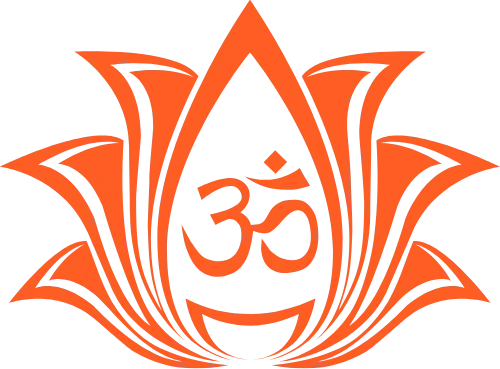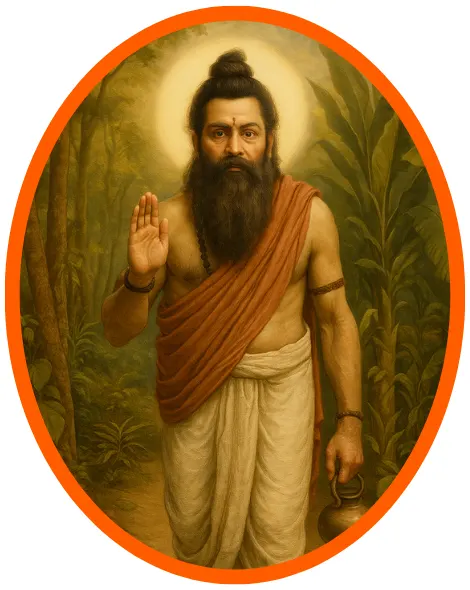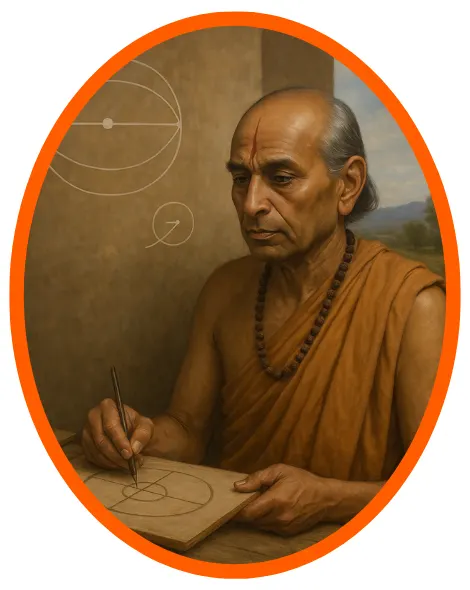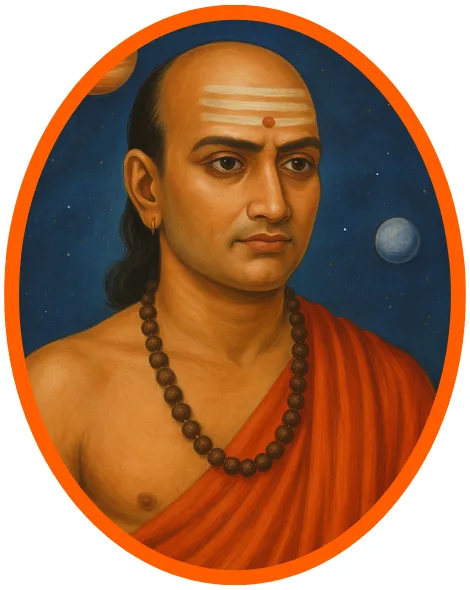

The Architect of Vedic Predictive Astrology
Maharshi Parashara is regarded as one of the most foundational figures in the history of Vedic astrology. His magnum opus, the Brihat Parashara Hora Shastra, is the cornerstone text from which most modern Vedic astrology principles originate. Parashara introduced the use of planetary aspects, houses, yogas, and dashas, especially the Vimshottari Dasha system that allows astrologers to time events with precision. What makes Parashara’s contribution deeply psychological is his understanding of human karma as an evolving journey rather than a fixed destiny. His model of astrology not only reveals what is likely to happen but also offers remedies for spiritual growth.


The Seer of Timeless Karmic Records
Maharshi Bhrigu is credited with authoring the Bhrigu Samhita, a collection of ancient astrological charts believed to contain detailed life predictions for thousands of souls. His legacy lies in bringing karmic astrology to the forefront. Unlike modern predictive models, Bhrigu’s work operates on the assumption that all key events in life are prewritten based on past karma. His approach is not deterministic but deeply spiritual, encouraging individuals to understand their life’s patterns in order to evolve consciously. What makes Bhrigu’s contribution psychologically rich is his focus on the soul’s journey rather than the ego’s desires.

The Seer of Timeless Karmic Records
Maharshi Bhrigu is credited with authoring the Bhrigu Samhita, a collection of ancient astrological charts believed to contain detailed life predictions for thousands of souls. His legacy lies in bringing karmic astrology to the forefront. Unlike modern predictive models, Bhrigu’s work operates on the assumption that all key events in life are prewritten based on past karma. His approach is not deterministic but deeply spiritual, encouraging individuals to understand their life’s patterns in order to evolve consciously. What makes Bhrigu’s contribution psychologically rich is his focus on the soul’s journey rather than the ego’s desires.



The Renaissance Mind of Ancient India
Varahamihira was a multi-disciplinary genius whose work bridged astronomy, astrology, meteorology, and natural science. His most celebrated text, the Brihat Samhita, offers a comprehensive synthesis of predictive techniques, planetary behaviour, and omens. Varahamihira brought scientific rigor and empirical observation into astrology, making it more analytical and less mythic. He also emphasized the importance of environment, seasonal changes, and astronomical phenomena in interpreting charts. His contribution is especially relevant for modern global readers because it aligns Vedic astrology with empirical observation, not superstition. Psychologically, Varahamihira’s perspective encourages individuals to see astrology not as fate but as a cosmic feedback system. His work invites thoughtful interpretation rather than blind belief, making his legacy particularly resonant for scientifically minded individuals.


The Astronomer Who Calculated the Cosmos
Aryabhata was primarily known as an astronomer, but his contributions laid the mathematical foundations necessary for accurate astrological calculations. His text Aryabhatiya introduced advanced concepts in trigonometry, planetary motion, and time measurement that are still used in Vedic astrology today. Without Aryabhata’s precision in computing planetary positions, the accuracy of birth charts and transit predictions would be significantly compromised. Aryabhata demystified the sky by calculating eclipses and planetary orbits, grounding astrology in astronomical reality. Psychologically, his work reflects the power of human intellect to decode cosmic intelligence. He reminds us that astrology is not separate from science, but built on its backbone. For modern readers in technologically advanced societies, Aryabhata stands as a bridge between spiritual insight and mathematical precision, offering a more integrated and intelligent understanding of the cosmos and its influence on human life.

The Astronomer Who Calculated the Cosmos
Aryabhata was primarily known as an astronomer, but his contributions laid the mathematical foundations necessary for accurate astrological calculations. His text Aryabhatiya introduced advanced concepts in trigonometry, planetary motion, and time measurement that are still used in Vedic astrology today. Without Aryabhata’s precision in computing planetary positions, the accuracy of birth charts and transit predictions would be significantly compromised. Aryabhata demystified the sky by calculating eclipses and planetary orbits, grounding astrology in astronomical reality. Psychologically, his work reflects the power of human intellect to decode cosmic intelligence. He reminds us that astrology is not separate from science, but built on its backbone. For modern readers in technologically advanced societies, Aryabhata stands as a bridge between spiritual insight and mathematical precision, offering a more integrated and intelligent understanding of the cosmos and its influence on human life.

